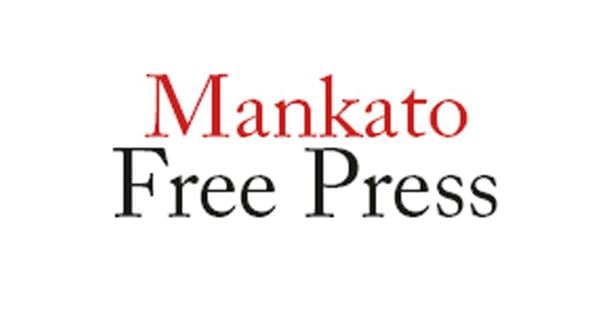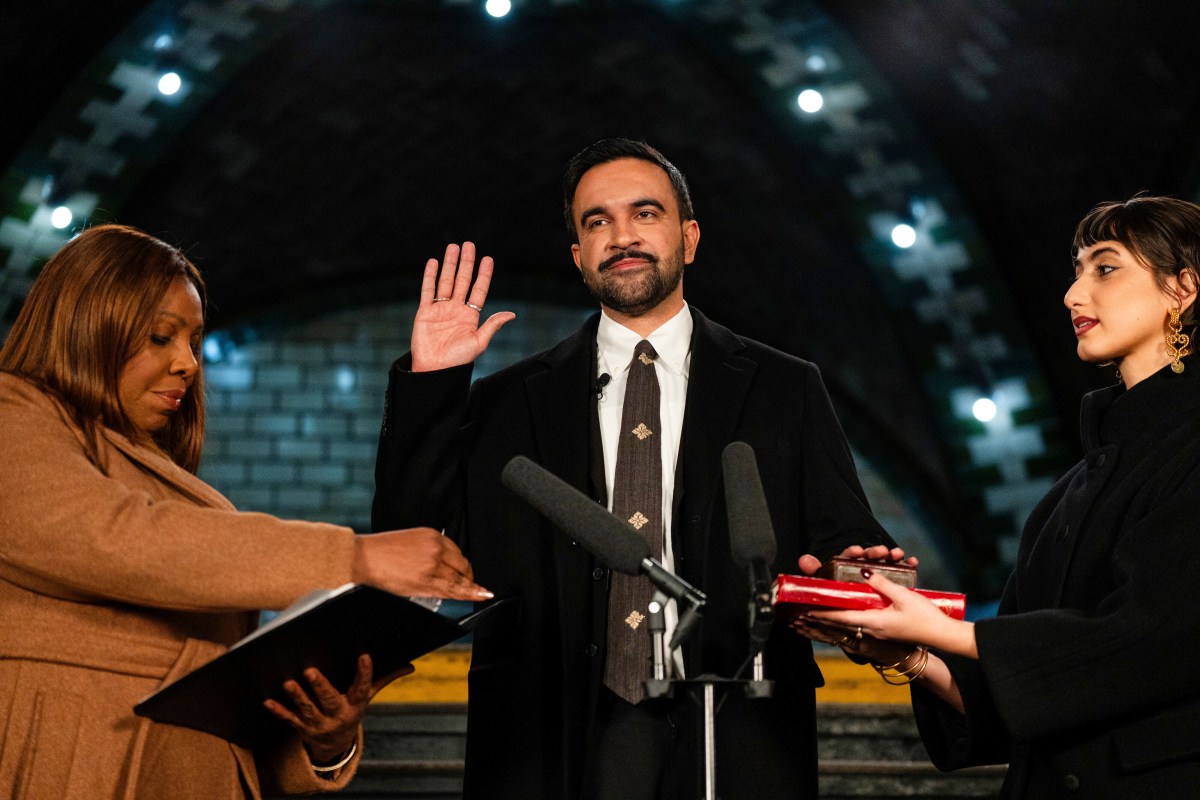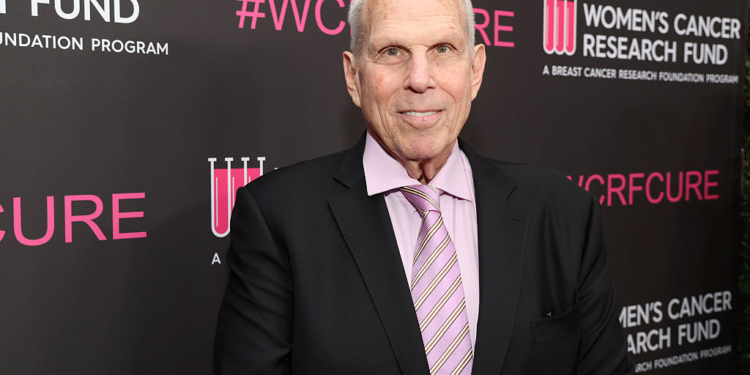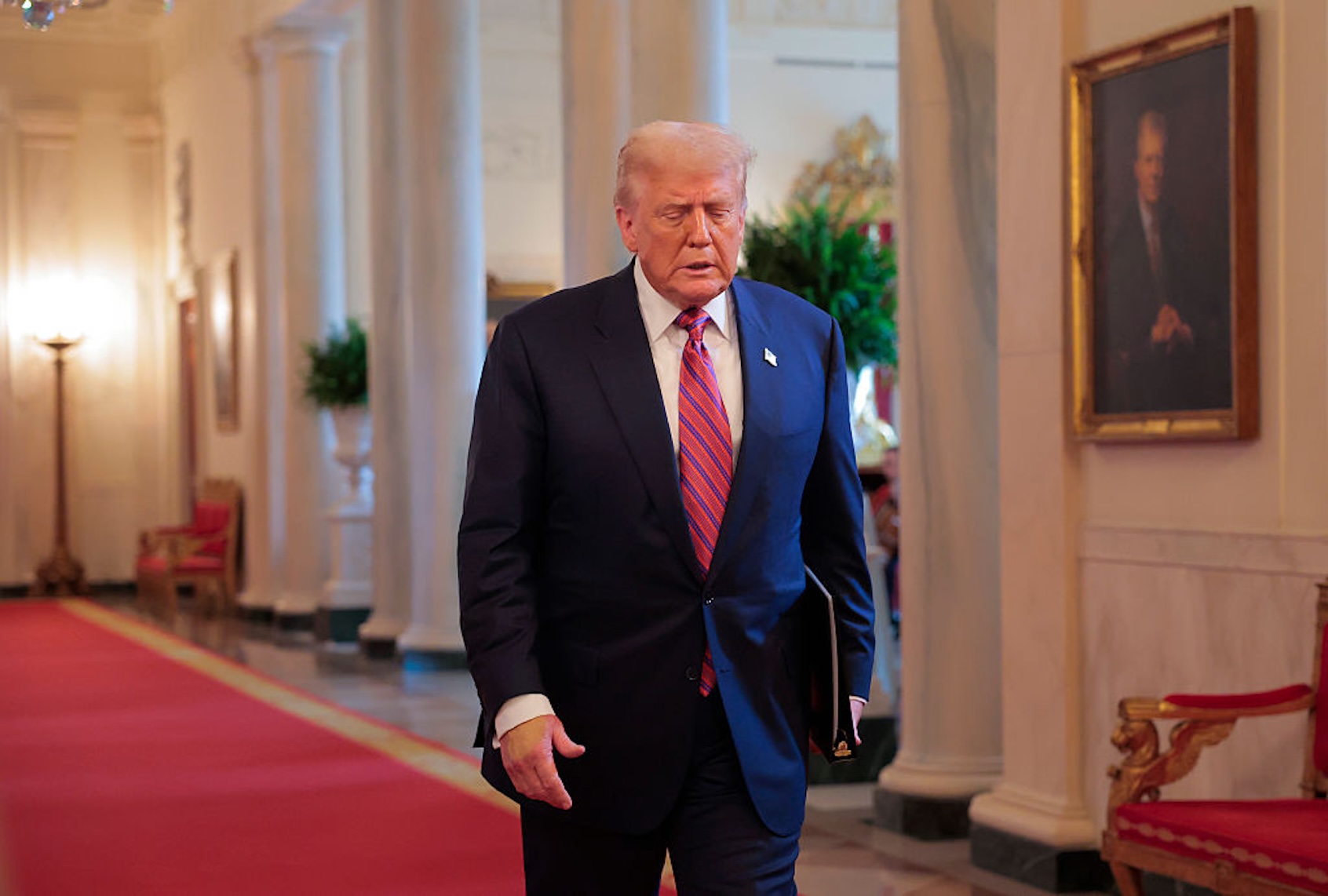The U.S. government shutdown has entered its sixth week, with President Donald Trump urging Republican leaders to alter Senate rules in an attempt to resolve the deadlock. As negotiations continue, millions of Americans face the loss of essential food aid benefits. White House Press Secretary Karoline Leavitt confirmed that Trump has engaged with key Republican figures, including Senate Majority Leader John Thune and House Speaker Mike Johnson, advocating for an end to the Senate filibuster—a move that has been met with strong opposition from within the party.
The impact of the shutdown is being felt across various sectors. Flight delays remain significant due to air traffic controller shortages, with airports such as Newark in New Jersey experiencing wait times of up to three hours. Other major airports, including George Bush Intercontinental Airport in Houston, Dallas Fort Worth International Airport, and Chicago O’Hare, are also reporting numerous delays and cancellations.
AI Industry Faces Legal Challenges Amid Regulatory Changes
In the realm of technology, Udio, an AI song generation platform, has announced a 48-hour window for users to download their songs starting Monday. This decision follows a legal settlement with Universal Music regarding copyright infringement claims. The settlement represents a pivotal shift for Udio as it transitions to a new business model, and it is a notable case within the ongoing discussions surrounding AI and copyright laws, with over 50 pending cases highlighted by a tech industry lobby group.
On a related note, Zico Kolter, a professor at Carnegie Mellon University, leads OpenAI’s Safety and Security Committee, which now holds significant authority to halt the release of new AI systems if deemed unsafe. Kolter’s oversight role has gained heightened importance following regulatory developments in California and Delaware, as he discusses the committee’s focus on safety concerns in upcoming months.
Berkshire Hathaway Reports Significant Profit Amid Leadership Transition
In the business sector, Berkshire Hathaway has reported a commendable profit increase of 17%, primarily attributed to a relatively mild hurricane season and robust paper investment gains. This financial performance occurs as the company prepares for a leadership transition, with the legendary investor Warren Buffett, aged 95, set to step down as CEO in January. Despite a recent $9.7 billion investment in OxyChem, Berkshire maintains a substantial cash reserve of $381.7 billion as of September.
The political landscape is also heating up as the Supreme Court prepares to hear arguments regarding Trump’s use of tariffs. The outcome could significantly influence the president’s foreign policy approach, which has relied heavily on tariff threats. Trump has expressed concern over the case, which could redefine the limits of presidential authority in economic matters.
In a related matter, Mark Carney, the Canadian Prime Minister, revealed that he advised Ontario’s premier not to air an anti-tariff advertisement that provoked Trump. The ad, which criticized the president’s tariffs using historical references, was ultimately pulled following backlash, but not before it aired during the World Series.
As the government shutdown and legal challenges continue to unfold, the implications for businesses, individuals, and industries across the U.S. and beyond remain significant, highlighting the interconnectedness of political decisions and everyday life.







